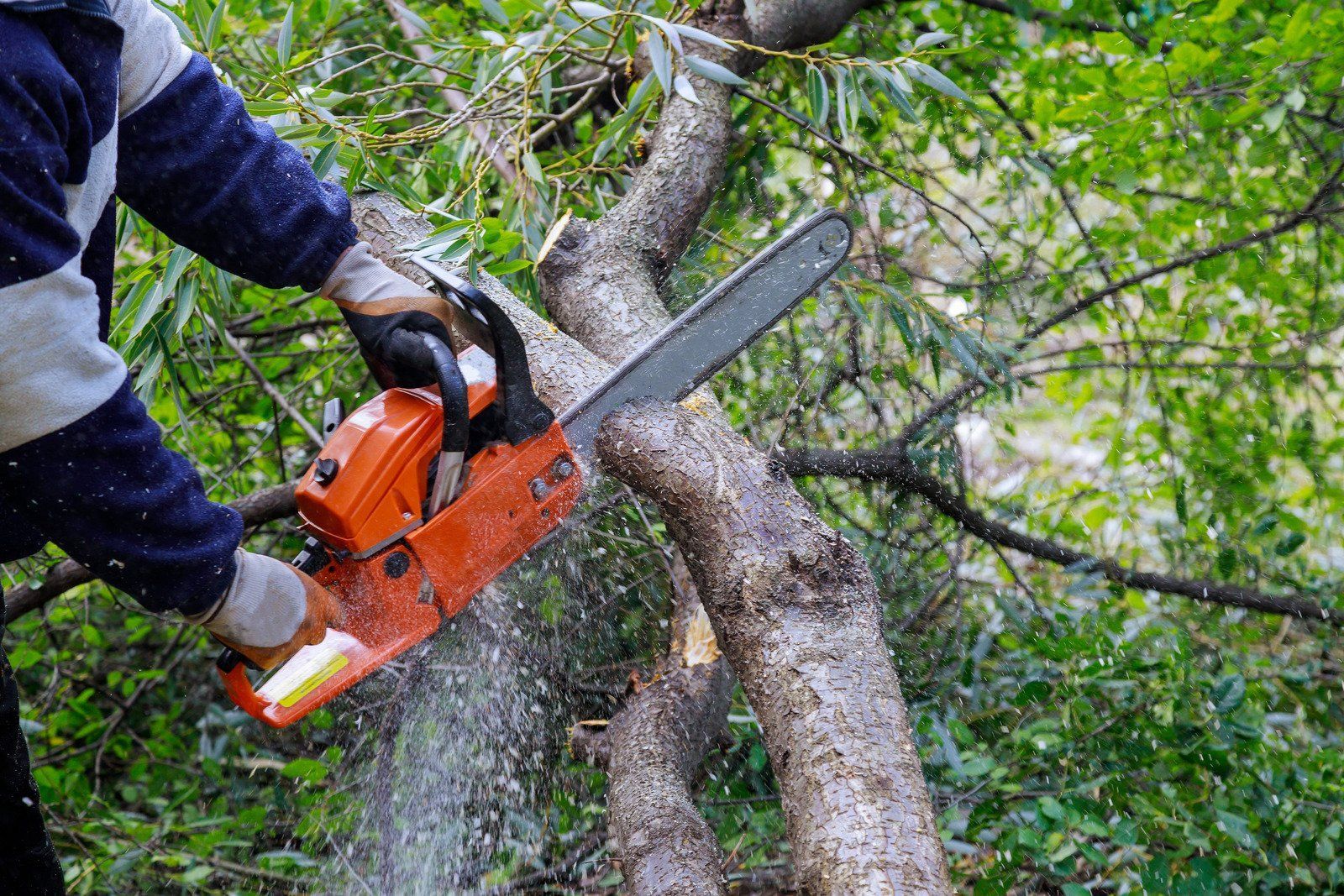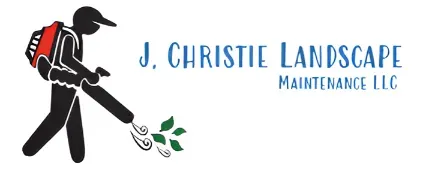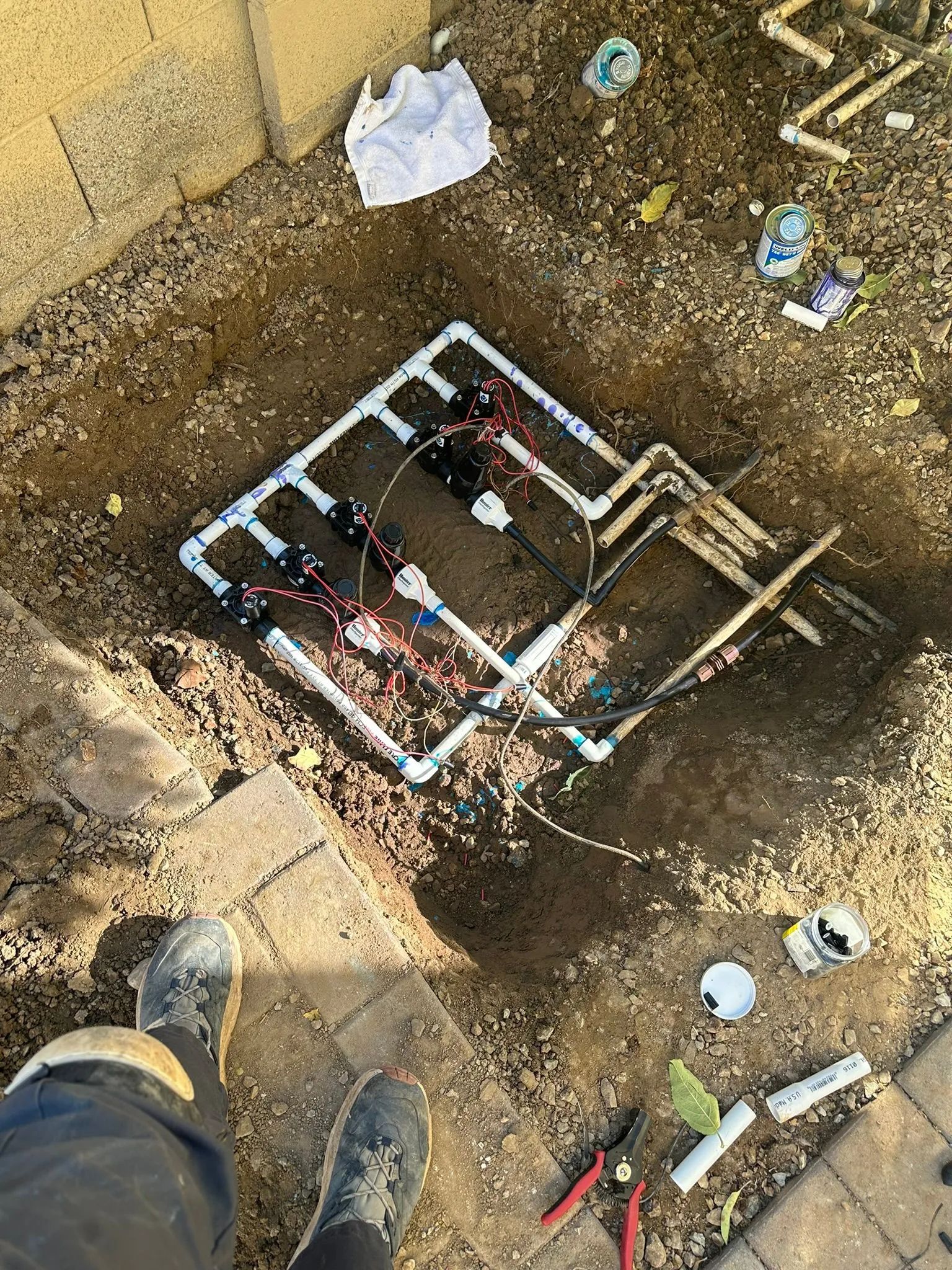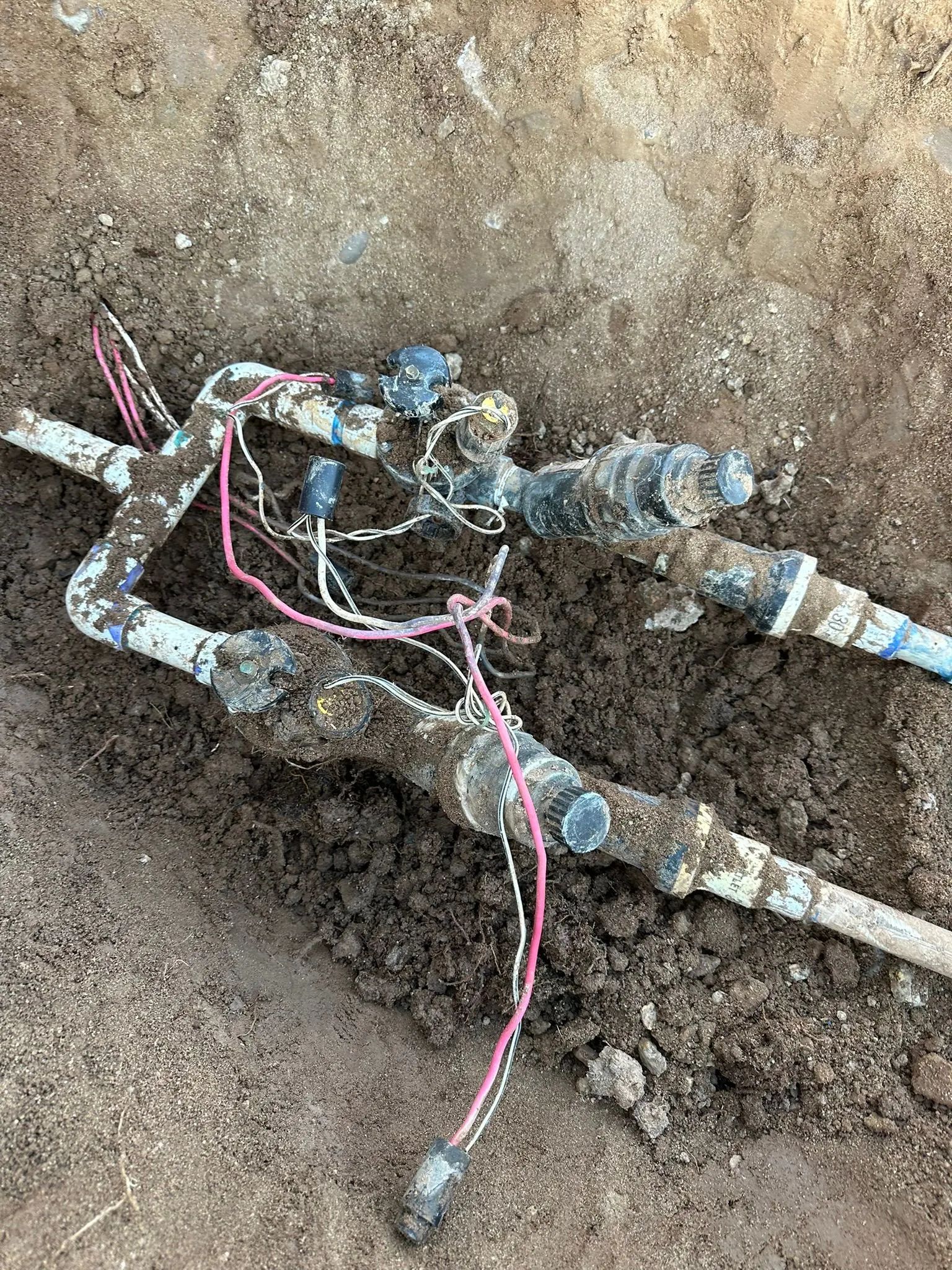Common Mistakes to Avoid in Landscape Construction
May 29, 2025

When done right, hiring a professional to handle your landscape construction project can be a game-changer for your home or commercial property. A well-designed landscape enhances curb appeal, increases property value, and creates functional outdoor spaces for enjoyment and relaxation. However, choosing the wrong landscaping construction company or failing to understand the project’s scope can lead to expensive setbacks, subpar results, and unnecessary stress. If you’re planning an outdoor transformation, it’s crucial to avoid common hiring mistakes that could jeopardize your vision. Below, we explore property owners’ most frequent missteps when seeking landscape construction services—and how to avoid them.
Failing to Define Your Goals to the Landscape Construction Contractor
One of the most common landscape construction mistakes before hiring begins is not knowing what you want. Clarity is key whether you dream of a lush garden, outdoor kitchen, stone patio, or water feature. Property owners often contact contractors without a clear scope or set of expectations, which makes it harder for the landscaper to deliver aligned results. This lack of direction can lead to miscommunication, change orders, and extra costs once construction is underway. Before contacting any landscaping company, define your budget, must-haves, and long-term goals. A reputable contractor will help refine your vision, but it’s up to you to start with a clear foundation.
Hiring a Landscape Construction Company Without Verifying Credentials
In any construction-related industry, credentials matter. When it comes to landscape construction, failing to vet a company’s licensing, insurance, and qualifications can result in legal liabilities and shoddy workmanship. Many homeowners assume that if a company has a website or logoed truck, it must be legitimate. Unfortunately, that’s not always the case. Before hiring, verify that the landscaping contractor is licensed to operate in your area and carries liability and workers’ compensation insurance. This licensing protects you in case of injury or property damage during the project. It’s also wise to look for professional affiliations, such as membership in landscaping or construction trade associations, which can indicate a higher standard of work and professionalism.
Choosing a Landscape Construction Company Based on Price Alone
It’s natural to seek competitive pricing when investing in your property, but choosing the lowest bid without considering quality is risky. Cheap pricing can be tempting, especially for large-scale landscape construction projects, but it often reflects cost-cutting on materials, labor, or planning. Some companies submit low initial estimates to win a job, only to tack on costs mid-project. Others may lack the experience to provide accurate pricing, leading to project delays and change orders. When comparing bids, look beyond the number—examine what’s included, whether the contractor understands your vision, and how well the team communicates. In landscape construction, value combines cost, quality, reliability, and professionalism.
Overlooking Landscape Construction Experience on Similar Projects
Every landscape is unique, but that doesn’t mean every contractor is equipped to handle your needs. A significant mistake property owners make is assuming that all landscape construction companies are equally skilled across all project types. Some firms specialize in residential lawns and irrigation, while others excel in hardscaping, retaining walls, or commercial site development. Hiring a team without proven experience in the type of project you want can lead to poor design decisions and execution errors. Always ask for examples of past work that closely mirrors your project in scope and complexity. Photos, client references, and even site visits can reassure the contractor that they understand how to bring your vision to life.
Communication and Project Management in Landscape Construction
Strong communication is the backbone of any successful construction project. Yet many homeowners underestimate the importance of responsiveness and project coordination when choosing a contractor. If a landscaping company takes too long to return calls, provides vague answers, or seems disorganized from the start, it’s a red flag. Good landscape construction isn’t just about technical skill—it’s about consistent updates, realistic timelines, and clear expectations. Choose a company that offers a dedicated project manager or point of contact. You want a partner who will keep you informed every step of the way and handle the moving parts without requiring you to chase down answers.
Overlooking Contract Details in Landscape Construction
Skipping over a detailed review of your landscaping contract is a mistake that can have lasting consequences. Here’s what every property owner should look for before signing:
Scope of Work
Ensure the contract outlines what will be done—from site preparation and material specifications to finishing details. Ambiguities in the scope often lead to disputes about what’s included and what constitutes “extra” work.
Payment Schedule
The contract should break down when payments are due and what milestones must be met for each installment. Avoid agreements requiring full payment upfront, and ensure final payment isn’t due until the work is completed to your satisfaction.
Materials and Products
Insist that the materials used are explicitly stated in the contract, including plant types, paver brands, irrigation systems, and other key components. Vague terms like “standard materials” can lead to quality issues.
Project Timeline
A reputable landscape construction company will include the contract’s estimated start and completion dates. While some flexibility is expected, a timeline shows accountability and helps you plan around the project.
Warranty Terms
Make sure any guarantees on workmanship or materials are in writing. Knowing what is covered, for how long, and how to file a warranty claim ensures you’re protected after completing the project.
Reviews Matter When Choosing a Landscape Construction Contractor
Landscape construction involves more than just planting flowers or laying pavers—it may require grading, drainage, electrical wiring, or structural elements like decks and retaining walls. All of these can be subject to local building codes and permitting requirements. Homeowners who assume the contractor will “take care of it” without confirmation can be liable for code violations or forced rework. Ensure your landscaping company is familiar with local ordinances and willing to pull the necessary permits on your behalf, demonstrating that they are both knowledgeable and committed to operating with integrity.
Overlooking Permits and Regulations in Landscape Construction
Landscape construction involves more than just planting flowers or laying pavers—it may require grading, drainage, electrical wiring, or structural elements like decks and retaining walls. All of these can be subject to local building codes and permitting requirements. Homeowners who assume the contractor will “take care of it” without confirmation can be liable for code violations or forced rework. Ensure your landscaping company is familiar with local ordinances and willing to pull the necessary permits on your behalf. This shows they are both knowledgeable and committed to operating with integrity.
Overcomplicating Landscape Construction Without Maintenance Planning
An elaborate landscape may look stunning initially, but it can become a maintenance nightmare without proper planning. These are key considerations to keep your landscape construction manageable over time:
Plant Selection
Avoid exotic or high-maintenance plant varieties unless you’re prepared for the upkeep. Native or drought-resistant plants often provide the same visual impact with less effort and long-term cost.
Hardscape Complexity
Intricate patios, custom lighting, or multi-level retaining walls can look impressive but require regular cleaning, sealing, and inspection. A good contractor should explain the upkeep of any design elements they recommend.
Irrigation Planning
If not properly designed, complex irrigation systems can be complicated to troubleshoot. Ensure your landscaper includes a well-organized, efficient layout with user-friendly controls that match your property’s needs.
Seasonal Considerations
Some features may look great in one season but become unusable or high-maintenance during others. Your contractor should design for year-round usability, considering how the space will evolve.
Assuming All Landscaping Construction is the Same
Landscape construction is not a one-size-fits-all service. There’s a broad spectrum of expertise, specializations, and business practices among contractors. Some companies may focus on quick curb appeal, while others handle large-scale, multi-phase property transformations. The mistake lies in assuming that any landscaping company can deliver your desired results just because they fall under the same industry umbrella. Always verify whether a prospective company truly understands the depth of your project—from structural requirements to design sensibility and scheduling constraints. This step helps you avoid mismatched expectations and ensures the contractor is aligned with your priorities.
Overlooking Warranties and Support in Landscape Construction
Your landscape construction project shouldn’t end when the final plant or patio is installed. Unfortunately, many homeowners fail to ask about post-project support and warranties, which can leave them in a lurch if something goes wrong after completion. A reliable landscape construction company should stand by its work with guarantees on both materials and workmanship. Be sure to clarify what is covered, how long the warranty lasts, and who to contact for future issues or maintenance. This level of service adds long-term value and peace of mind to your investment.
Avoiding Delays in Landscape Construction Projects
Timelines in construction can be tricky, especially when factoring in weather delays, supply chain issues, or permitting backlogs. But that doesn’t mean you should accept vague or open-ended completion dates. Failing to establish a timeline—or choosing a contractor who won’t commit to one—is a mistake that can drag your project out indefinitely. Your landscape construction company should provide a realistic schedule, including milestones and expected completion. Look for transparency around what might cause delays and how they handle schedule disruptions. This clarity allows you to plan around the work and ensures accountability on the contractor’s end.
How Poor Drainage Undermines Landscape Construction
While most people focus on the visual elements of landscape construction, neglecting the invisible infrastructure—like drainage, irrigation, and soil preparation—can be disastrous. Water pooling, root rot, and erosion are just a few issues that can emerge if drainage isn’t addressed during construction. Hiring a landscaper who glosses over these technical details in favor of flashy design is a recipe for long-term problems. Ensure your contractor includes comprehensive site evaluation and infrastructure planning in their proposal. A strong foundation ensures your beautiful new landscape performs as well as it looks.
Choose a Landscape Construction Team You Can Trust
Avoiding these common mistakes begins with choosing the right partner for your landscape construction project. Transparency, craftsmanship, and personalized service are key to a successful outcome. Every outdoor space is unique, and every homeowner’s vision is different. A well-managed process ensures homeowners feel confident, informed, and excited about the transformation ahead. By working with a team that prioritizes quality, costly mistakes can be avoided, resulting in a landscape that thrives for years to come.To learn more about common mistakes to avoid in landscaping construction, visit our J. Christie blog.




